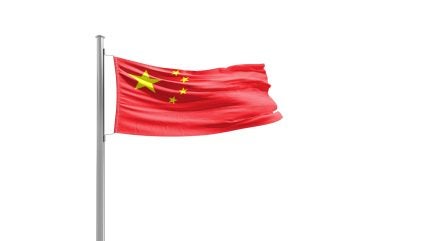
The European Union (EU) is facing significant challenges in its negotiations with China over a potential alternative to tariffs on electric vehicles (EVs), with little prospect of a swift resolution, Bloomberg reported citing sources.
Despite a round of discussions in Beijing where both sides reportedly talked of some progress, the chances of a meaningful breakthrough remain slim for now, people familiar with the matter told the publication.

Discover B2B Marketing That Performs
Combine business intelligence and editorial excellence to reach engaged professionals across 36 leading media platforms.
The report said the EU’s stringent demands for an enforceable arrangement, equivalent to the recently adopted anti-subsidy tariffs, have not yet been met by China.
The EU and China are set to continue technical talks this week, but the path to an agreement is still unclear.
The two sides have been exploring an agreement on “price undertakings,” a complex mechanism to control export prices and volumes to avoid tariffs.
The recent negotiations have largely revolved around establishing a communication channel between Brussels and Beijing and averting the hazard of cross-compensation.
This concern arises from the possibility that any minimum import prices on EVs could be counterbalanced by the sales of other commodities, such as hybrid vehicles and accessories.
Disagreements also persist regarding the feasibility of deals with individual car manufacturers, including European companies with joint ventures in China, the report said.
The EU maintains that such agreements would adhere to World Trade Organization guidelines, while China advocates for a comprehensive agreement led by a Chinese trade organisation.
In response to the EU’s EV levies, China has warned of imposing retaliatory tariffs on European dairy, pork, and brandy.
The EU has declared its intent to protect its interests in these matters, while resisting any attempts to merge the disputes into a larger compromise.
Recently, China instructed its automakers to suspend significant investments in EU countries. The move was aimed at exerting pressure on the European Union in negotiations over alternatives to tariffs on electric vehicles.






